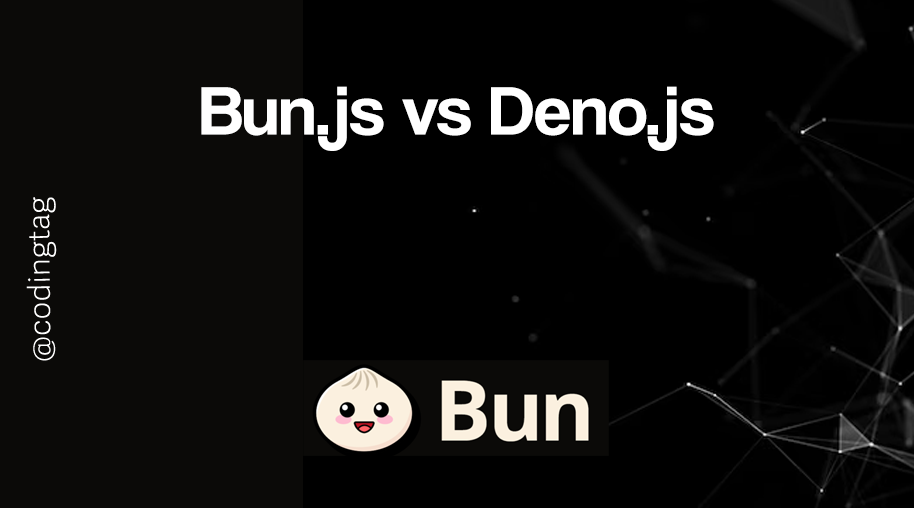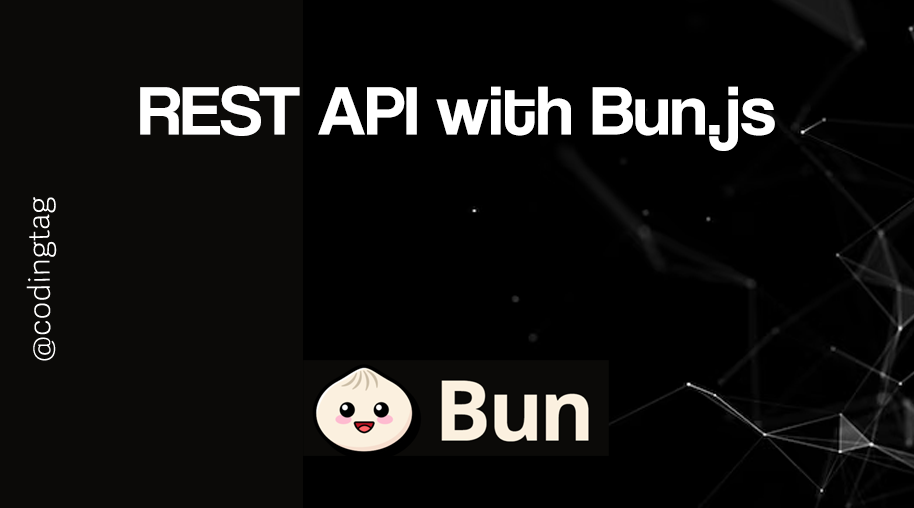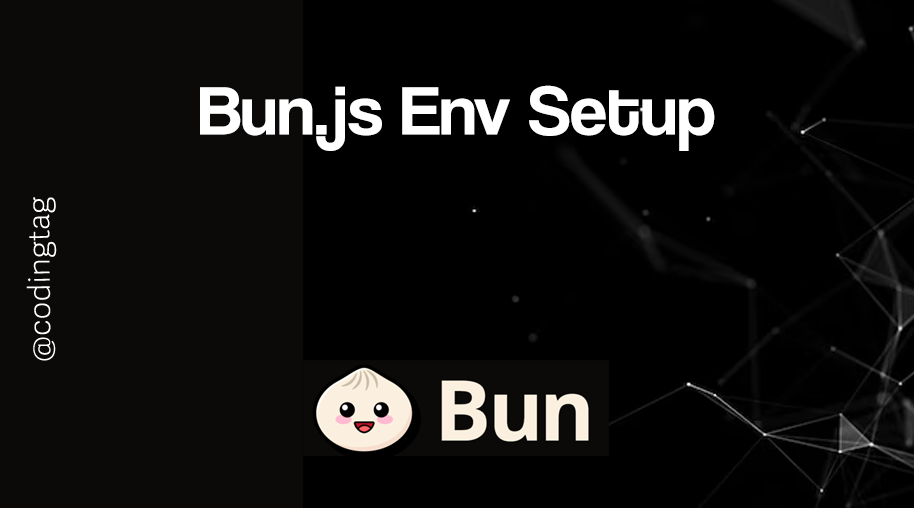Bun vs Deno vs Node
0 956
âš”ï¸ Bun vs Deno vs Node — The JavaScript Runtime Showdown
JavaScript runtimes are evolving rapidly, and today’s developers have more options than ever before. Node.js has been the long-standing champion, but Bun and Deno are rising challengers. This tutorial dives deep into comparing Bun vs Deno vs Node — examining performance, ecosystem, DX, and real-world usage ðŸ”.🚀 Overview of the Contenders
- Node.js – The veteran runtime backed by a huge ecosystem and enterprise adoption.
- Deno – Created by Node’s original creator, aiming to fix its shortcomings, with native TypeScript and secure defaults.
- Bun – A speed demon written in Zig, combining runtime, bundler, transpiler, and package manager into one.
📦 Installation & Package Managers
Node.js usesnpm or yarn, and has massive registry support.
To install:
npm install expresspackage.json. It imports modules via URLs:
import { serve } from "https://deno.land/std/http/server.ts";bun install, which is fast and supports npm modules out of the box:
bun add axiosâš™ï¸ Performance Comparison
Benchmarks vary, but here's the general pattern:- 🔋 Bun: The fastest for HTTP servers, scripts, and bundling.
- 💼 Node: Decent performance, but slower due to legacy baggage.
- 🦕 Deno: Faster than Node, but not as fast as Bun in raw benchmarks.
Bun.serve({
fetch(req) {
return new Response("Hello from Bun!");
},
port: 3000
});
ðŸ›¡ï¸ Security Models
Node has no sandboxing — scripts run with full access to disk and network. Deno has secure-by-default permissions (must explicitly allow--allow-read, etc.).
Bun follows Node’s permissive model — fast, but no built-in sandboxing (yet).
📚 TypeScript & JSX Support
- Node: Requires transpilers like Babel or ts-node.
- Deno: Runs TypeScript natively. No extra setup.
- Bun: TypeScript and JSX work out-of-the-box, no config needed.
🧪 Built-in Tooling
Node.js: Relies on external tools for bundling, testing, and transpiling (Webpack, Jest, etc.). Deno: Includes a linter, test runner, bundler, and formatter built-in. Bun: Includes:bun testfor zero-config testingbun buildfor bundlingbun installas the package manager
// bun test example
import { test, expect } from "bun:test";
test("Math check", () => {
expect(2 + 2).toBe(4);
});
🔗 Compatibility with Node Modules
- Node.js: 100% compatible with npm.
- Deno: Uses URL imports; limited compatibility via third-party tools.
- Bun: Fully supports most Node.js packages and built-in modules (like
fs,path).
📠File Structure & Project Setup
Node: Familiar structure withpackage.json, node_modules.
Deno: No node_modules; fetches packages to cache folder.
Bun: Uses package.json but skips node_modules during resolution, making it faster and cleaner.
🧠Developer Experience (DX)
- Bun: Quick startup, no config needed for common tasks, and hot reload support.
- Deno: Type-safe, modern APIs, great DX but fewer compatible libraries.
- Node: Rich ecosystem, but requires more setup for modern dev experience.
📈 Use Cases & Adoption
- 🌠Node: Best for enterprise apps and mature ecosystems.
- 🔠Deno: Great for secure scripts, TypeScript-first apps.
- âš¡ Bun: Ideal for startups, side projects, and developers prioritizing speed & DX.
🎯 Final Thoughts: Which One Should You Choose?
Each runtime has its own strengths:- Use Node if you're building apps that depend on mature libraries and need stability.
- Choose Deno for projects that prioritize security and modern standards.
- Go with Bun if you're chasing blazing-fast performance, integrated tools, and minimal setup.
If you’re passionate about building a successful blogging website, check out this helpful guide at Coding Tag – How to Start a Successful Blog. It offers practical steps and expert tips to kickstart your blogging journey!
For dedicated UPSC exam preparation, we highly recommend visiting www.iasmania.com. It offers well-structured resources, current affairs, and subject-wise notes tailored specifically for aspirants. Start your journey today!

Share:







Comments
Waiting for your comments